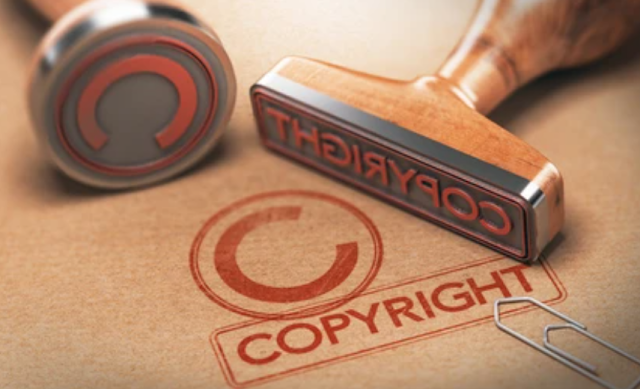Copyright Law Explained: Protecting Your Creative Works
Copyright Law Explained: Protecting Your Creative Works
Copyright law provides legal protection for original creative works, ensuring that creators have exclusive rights to control how their works are used and preventing others from copying, distributing, displaying, performing, or making derivative works without permission. Here's a detailed explanation of copyright law and how it helps protect your creative works:
Definition:
Copyright is a form of intellectual property law that grants exclusive rights to authors, artists, musicians, filmmakers, and other creators of original works. It covers various creative expressions, including literary works, artistic works, musical compositions, films, photographs, software code, architectural designs, and more.
Automatic Protection:
In most countries, including the United States, copyright protection is automatic upon the creation of an original work fixed in a tangible medium. This means that as soon as you create a work, such as writing a story, painting a picture, or composing a song, you automatically hold the copyright to that work.
Rights Granted to Copyright Owners:
Copyright gives creators several exclusive rights, including:
- a. Reproduction: The right to make copies or reproductions of the work.
- b. Distribution: The right to distribute copies of the work to the public.
- c. Public Display: The right to publicly display the work, such as in galleries or exhibitions.
- d. Public Performance: The right to publicly perform the work, such as in concerts or plays.
- e. Derivative Works: The right to create derivative works based on the original work, such as adaptations or translations.
- f. Moral Rights: Some jurisdictions also recognize moral rights, which protect the integrity and attribution of the work.
Copyright Notice:
Although not required for copyright protection, it is advisable to include a copyright notice on your creative works. The notice typically consists of the copyright symbol (©), the year of first publication, and the copyright owner's name. For example, "© 2023 John Doe."
Registration and Formalities:
While copyright protection exists without registration, registering your work with the relevant copyright office provides additional legal benefits. In the United States, registration with the U.S. Copyright Office is necessary before filing a lawsuit for copyright infringement. Registration also creates a public record of your copyright claim, making it easier to prove ownership.
Fair Use:
Fair use is a legal doctrine that allows limited use of copyrighted materials without permission from the copyright owner. The purpose of fair use is to balance the rights of copyright holders with the public's interest in accessing and using copyrighted works for purposes such as criticism, commentary, news reporting, teaching, scholarship, or research. Determining fair use involves considering factors such as the purpose and character of the use, the nature of the copyrighted work, the amount used, and the effect on the market for the original work.
Copyright Infringement:
Copyright infringement occurs when someone violates the exclusive rights of a copyright owner without permission. Infringement can include reproducing, distributing, displaying, performing, or creating derivative works without authorization. If your copyright is infringed, you can take legal action to stop the infringement and seek damages for any harm caused.
Digital Copyright Issues:
The digital age has brought new challenges to copyright law. Issues such as online piracy, file-sharing, and the unauthorized use of copyrighted works on the internet have raised concerns. Laws like the Digital Millennium Copyright Act (DMCA) provide mechanisms for addressing copyright infringement in the digital environment and protecting the rights of copyright owners.
Duration of Copyright:
Copyright protection lasts for a specific duration, which varies depending on factors such as the type of work and the country. In many countries, copyright typically lasts for the author's lifetime plus a certain number of years after their death. For works created by multiple authors or works made for hire, the duration may be different.
International Copyright Protection:
Copyright laws vary from country to country, but international treaties and agreements provide some level of protection for copyrighted works across borders. The Berne Convention for the Protection of Literary and Artistic Works and the World Intellectual Property Organization (WIPO) Copyright Treaty are examples of international agreements that facilitate copyright protection globally.
Understanding copyright law is essential for creators to safeguard their original works and control how they are used. If you have concerns about copyright infringement or need guidance on protecting your creative works, consulting with an intellectual property attorney or copyright specialist is advisable. They can help you navigate the intricacies of copyright law and ensure your rights as a creator are protected.















No comments